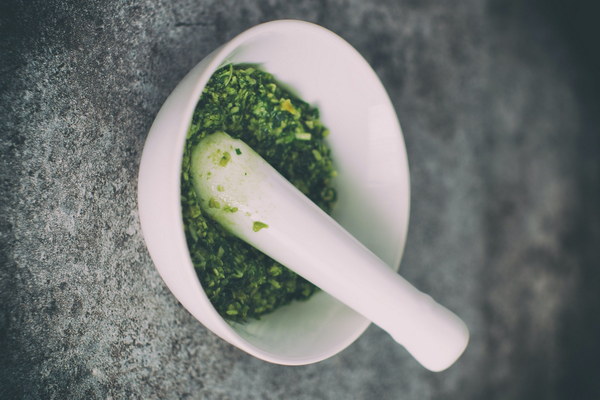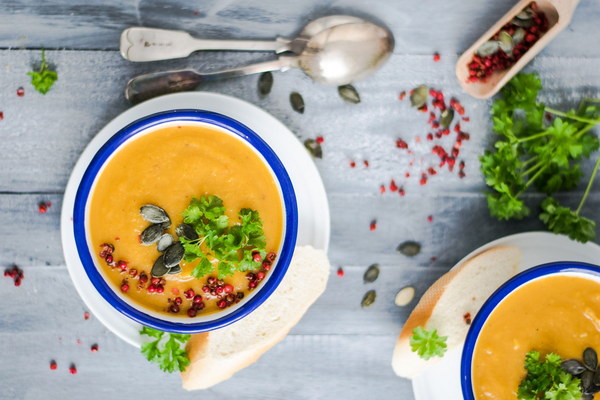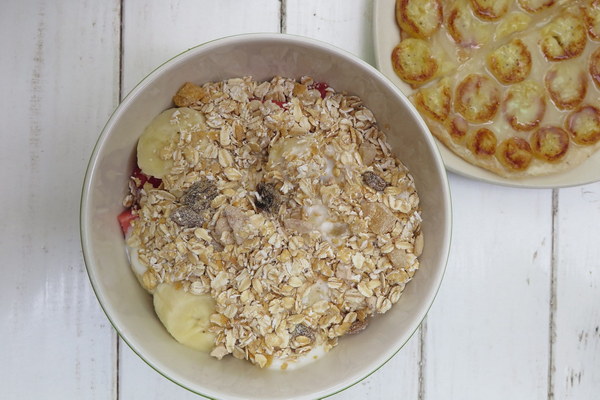Boost Your Menstrual Well-being with These Period Diet Tips
Introduction:
Menstruation is a natural and essential part of a woman's life, yet it often brings discomfort and mood swings. One way to alleviate some of these symptoms is through a well-balanced and nourishing diet during your period. In this article, we will explore the benefits of a period diet and provide you with some valuable tips to help you manage your menstrual cycle more comfortably.
1. Understanding the Period Diet:
The period diet focuses on nutrient-dense foods that can help regulate hormones, reduce bloating, and alleviate symptoms such as cramps and mood swings. By incorporating these foods into your diet, you can enhance your overall well-being and make the most of your menstrual cycle.

2. Key Nutrients for the Period Diet:
a. Omega-3 Fatty Acids: These essential fatty acids help reduce inflammation and improve mood. Sources include fish, flaxseeds, chia seeds, and walnuts.
b. Magnesium: Magnesium is known for its muscle-relaxing properties, making it an excellent choice for reducing menstrual cramps. Foods rich in magnesium include almonds, cashews, dark chocolate, and bananas.
c. Vitamin B6: This vitamin helps regulate serotonin levels, which can improve mood and reduce premenstrual syndrome (PMS) symptoms. Sources of vitamin B6 include chicken, turkey, chickpeas, and potatoes.
d. Calcium: Calcium plays a crucial role in maintaining bone health and reducing bloating. Dairy products, leafy greens, and fortified plant-based milk are great sources of calcium.
3. Period Diet Tips:
a. Stay Hydrated: Drinking plenty of water is essential for overall health, but it is particularly important during your period. Water helps reduce bloating and flushes out excess hormones.
b. Include Probiotics: Probiotics help maintain a healthy gut, which can improve digestion and reduce bloating. Incorporate foods like yogurt, kefir, sauerkraut, and kimchi into your diet.
c. Avoid Processed Foods: Processed foods are high in sodium, sugar, and unhealthy fats, which can exacerbate bloating, mood swings, and PMS symptoms. Opt for whole, unprocessed foods instead.
d. Eat Regularly: Eating small, frequent meals throughout the day can help regulate blood sugar levels and prevent energy crashes. Aim for balanced meals that include protein, healthy fats, and carbohydrates.
e. Add Turmeric and Ginger: Both turmeric and ginger have anti-inflammatory properties that can help alleviate menstrual cramps. Incorporate them into your diet by adding them to smoothies, teas, or cooked dishes.
f. Limit Caffeine and Alcohol: These substances can exacerbate mood swings, bloating, and cramps. Try to limit your intake during your period.
Conclusion:
By adopting a period diet that focuses on nutrient-dense foods and healthy eating habits, you can improve your overall well-being and manage your menstrual cycle more comfortably. Remember to listen to your body and make adjustments as needed. With the right diet, you can take control of your menstrual health and enjoy a more balanced and joyful experience.









